
Category: biotech/medical – Page 2,159

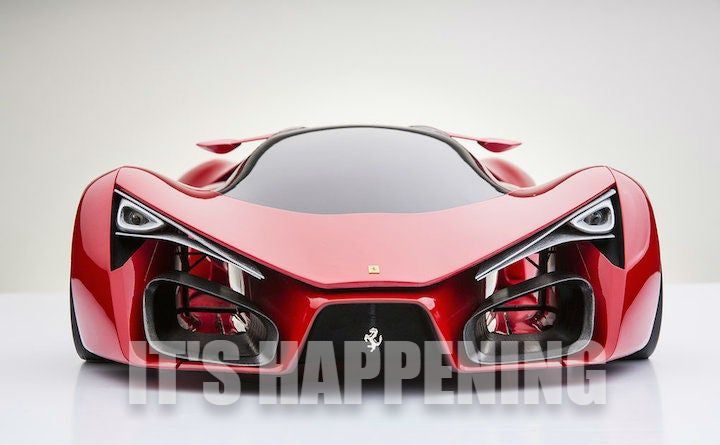
2025 Electric Ferrari Leaked in European Patent Filing
It doesn’t seem like all that long ago that even the idea of an electric Ferrari was controversial. Indeed, it was 2016 when then-Ferrari Chairman Sergio Marchionne said that, “with Ferrari, (an electric car) is almost an obscene concept,” before he finished up with, “you’d have to shoot me first.” Well, Sergio– times sure do change, don’t they? At least, that’s what a series of plans for an electric Ferrari from a leaked patent filing would seem to say about the matter!
In fairness to Marchionne, he would pass on before Ferrari built a pure electric car, succumbing as he did to cancer at the age of 66. Tragic as that was, what isn’t tragic is Ferrari joining the rest of the automotive universe in the 21st century with plans to build a for-real battery-powered Ferrari by 2025.
The push for Ferrari to finally go electric was, no doubt, accelerated by the success of the electric Porsche Taycan and, obviously, the rapid growth of Tesla (and, likely, the staggering growth of TSLA stock). With the launch of its first PHEV last year and recently announced plans to go “60% hybrid by 2022”, then, the step towards all-electric seems ready to happen.

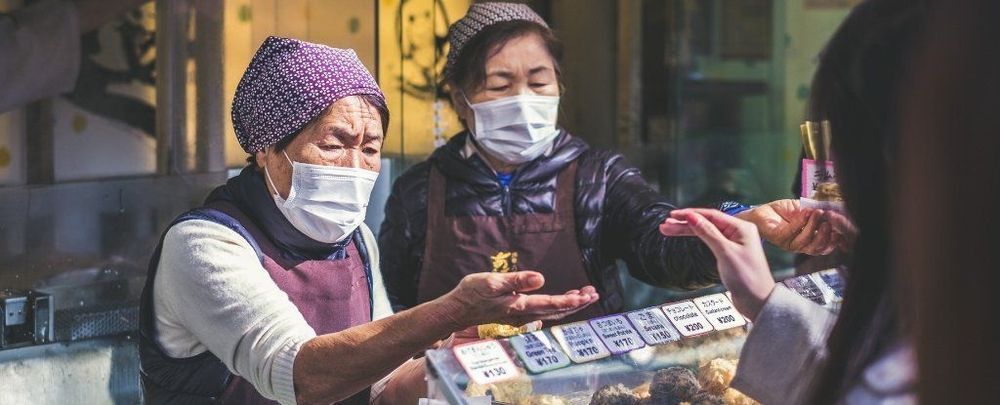
Australia’s Been Asked to Make a Coronavirus Vaccine at ‘Unprecedented Speed’
The University of Queensland (UQ) announced on Friday it has been asked to develop a vaccine for the recent Chinese coronavirus outbreak, using the university’s recently developed rapid response technology.
In a statement, the university announced it had received a request to develop a vaccine from the Coalition for Epidemic Preparedness Innovations (CEPI), which describes itself as “an innovative partnership between public, private, philanthropic, and civil organisations” which seeks to develop vaccines to protect the world against outbreaks.
Head of the university’s School of Chemistry and Molecular Biosciences, Professor Paul Young, said in a statement that UQ has novel technology for the rapid development of vaccines, which could provide a vaccine within six months.
The biohacker who wants to become cyborg to be more perfect
New transhumanism and biohacking story out by one of Asia’s most influential newspapers: South China Morning Post:
From brain supplements to chip implants to nootropics, humans are using technology, medicine and extreme diets to improve their brainpower, health and longevity.

To Help IBD Symptoms, Target Your Microbiome with These Foods
People with inflammatory bowel disease (IBD) are often confused about which foods may ease symptoms and which ones may make them worse. Based on medical research, there’s no single plan that definitively offers relief. But a recent study on a new diet called the IBD-AID diet has shown that it may help.
The diet focuses on correcting gut bacteria balance with probiotic and prebiotic foods.
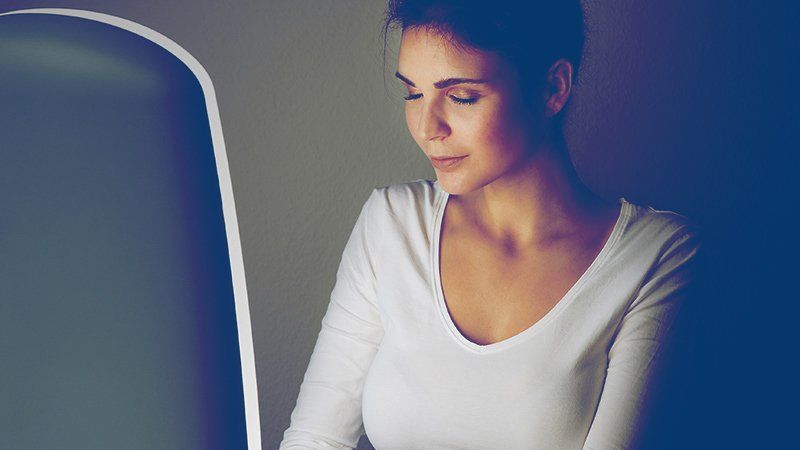
Blue-Light Therapy Helps Heal the Brain
Early morning exposure to blue wavelength light can help heal the brain following mild traumatic brain injury (mTBI), new research suggests.
Results of a small, randomized controlled trial showed blue-light therapy improved brain structure and function, cognition, and sleep in this patient population.
“We found that blue-light therapy improved patients’ daytime sleepiness,” study investigator William D. ‘Scott’ Killgore, PhD, told Medscape Medical News. “So those who got the blue light were less sleepy 6 weeks later than they had been at baseline.”
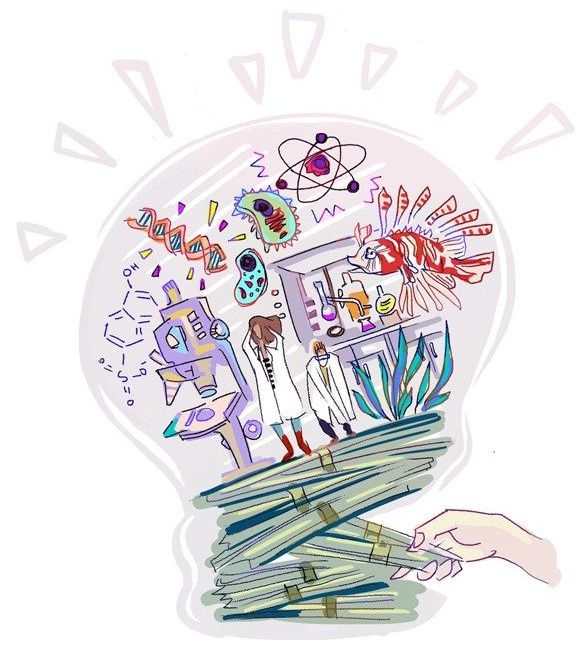
Overcoming human challenges with transhumanism
Sometimes, being human involves tragedy: unexpected accidents can alter a person’s future, permanently changing how they need to approach their daily lives. Those with traumatic brain injuries suffer long-term mental and physical challenges, such as trouble with their working memory span, which can play a significant role in their education and longevity. However, if used properly, transhuman aids such as prosthetic limbs can provide solutions to human challenges.
Transhumanism, in a nutshell, is the idea that people can use technology to overcome biological limitations. Just as how we use rational means to improve our life experiences and the world around us, we can use such means to improve ourselves as organisms. It is simply a concept, not a tangible characterization of some futuristic cyborg.
There is reasonable fear that using such technologies would be tampering with nature. This is true. However, whether something is good or bad cannot be decided simply by asking whether or not it is natural. Plenty of natural things are horrible, such as diseases and parasites, where our moral interest is to intervene and improve these conditions. The question to ask is not whether the technology is natural, but rather, what are the various possible consequences that would arise from it, both desirable and undesirable, and the likelihood of each. People who are concerned that our species will stray too far away from what it means to be a ‘natural human’ forget how far we have already evolved as a species.
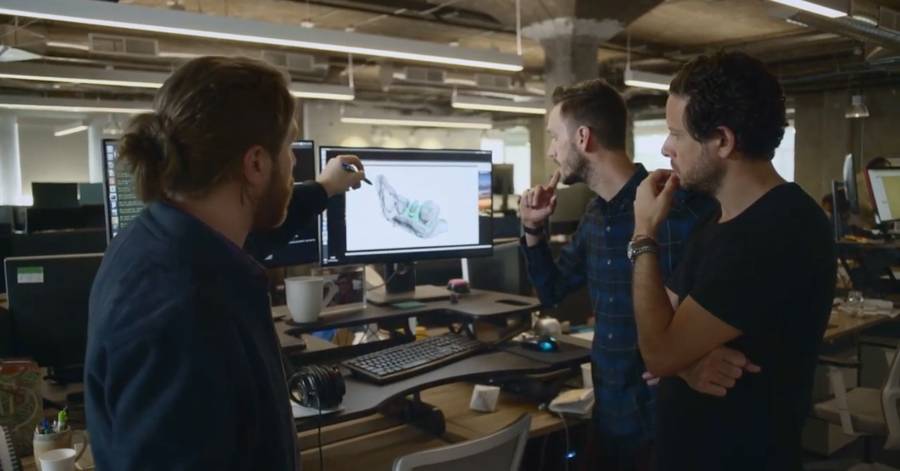
AI Helps Spot Dental Fraud
Artificial-intelligence startup Pearl Inc. is using machine learning to analyze dental imagery, helping insurers pinpoint whether the same X-ray was used for more than one patient and whether a procedure was necessary.
The West Hollywood, Calif., company said its system has found thousands of cases in which dentists have used the same X-rays or other images to bill insurers for multiple patients.
